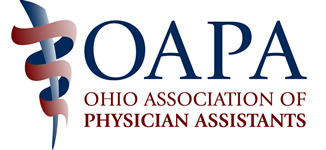Governing Documents
OAPA leadership is committed to transparency and provides members and the public with access to these governing and financial documents. Please contact oapa@ohiopa.com with any questions.
For the Public
- Bylaws *Amended September 2025
- Conflict Of Interest Policy
- Elections Manual *Revised January 2026
- IRS Form 990
- Guidelines for Ethical Conduct for the PA Profession (AAPA)
- Officer Job Descriptions *Revised October 2025
- Policy Manual *Revised October 2025
- Whistleblower Policy
For Members Only
- Delegation of Authority *Revised January 2026
- Executive Director Policy *Revised January 2026
- Financial Data Access Agreement
- Social Media Access Agreement
OAPA Board of Directors Meeting Minutes
2026 | January | March | July | October

